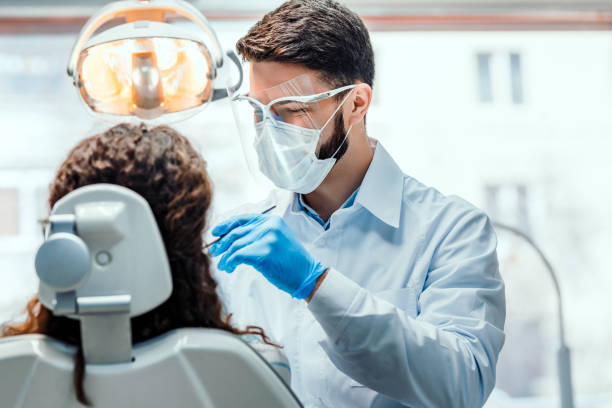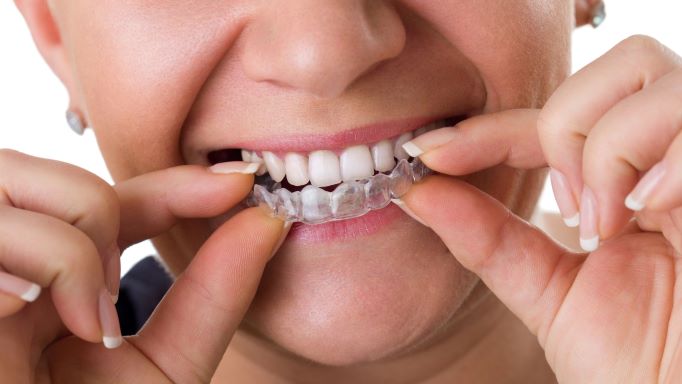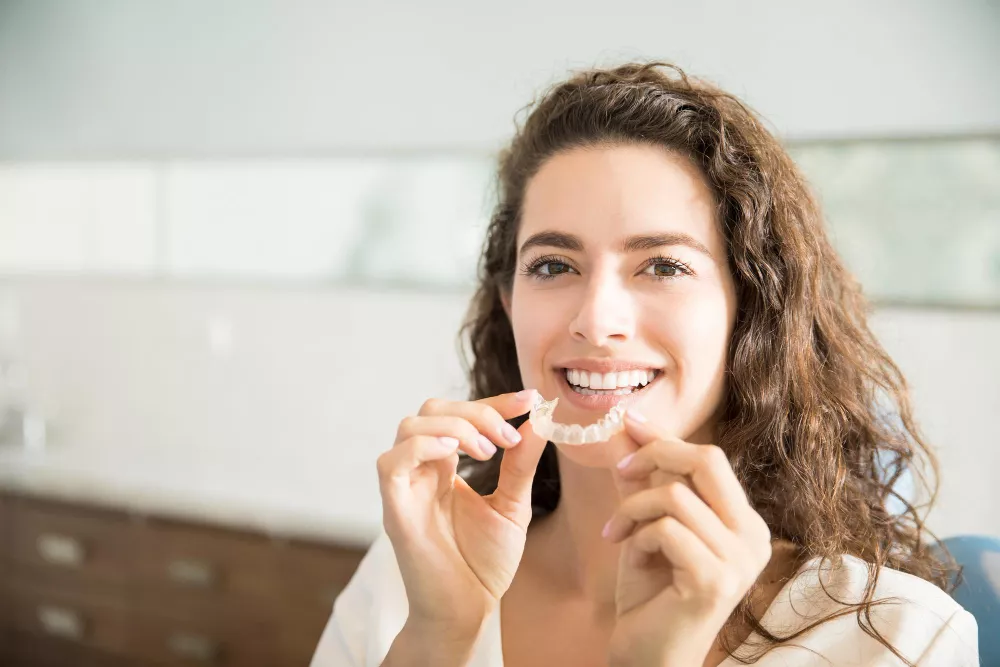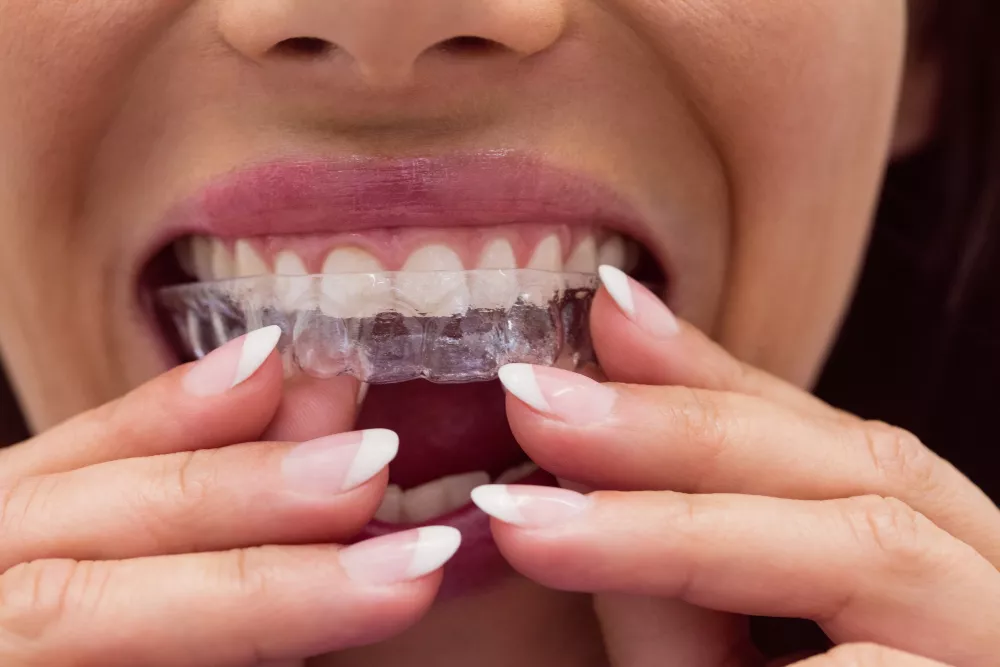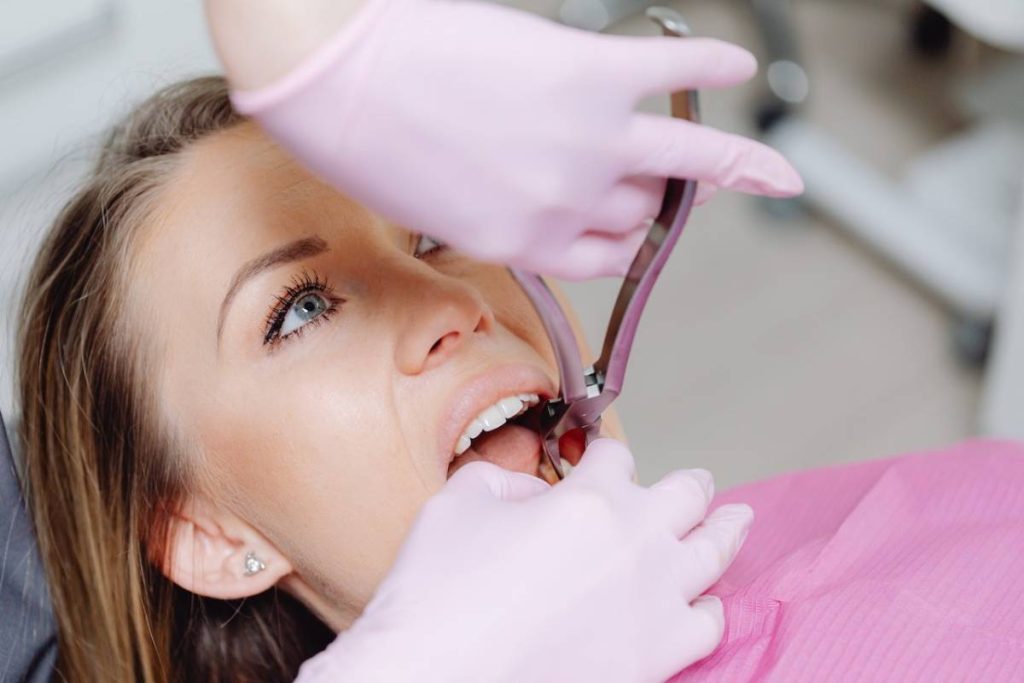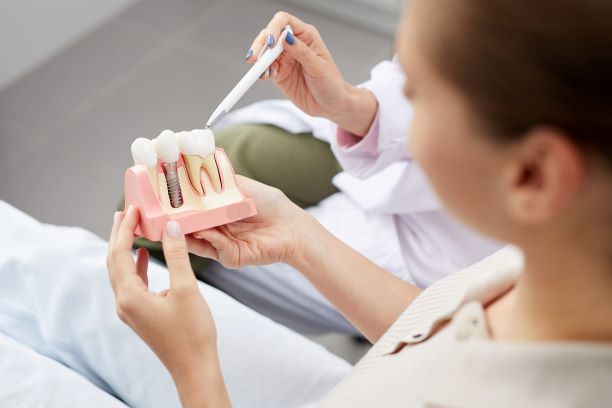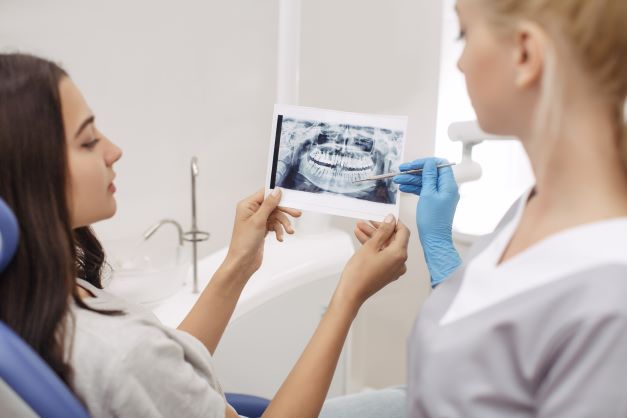Do you wake up with headaches, a stiff jaw, or sensitive teeth? These are common signs of bruxism, an involuntary habit where you clench or grind your teeth while you sleep.
According to the American Dental Association, 15 out of 100 adults have this habit. For this reason, at Channel Islands Family Dental Office, our dentists in Newbury Park are trained to detect and treat bruxism.
One of the most effective treatments we offer is custom nightguards.
Nightguards, also known as bite guards or occlusal splints, are devices designed to fit over your teeth and protect them from damage caused by grinding or clenching.
Although nightguards do not completely stop bruxism, they help by:
- Absorbing the pressure from the jaw and reducing muscle tension
- Helping prevent pain in the jaw, face, and head
- Protecting tooth enamel from wear, cracks, and fractures
- Reducing the risk of costly and painful dental damage
Many patients notice that over time, wearing a nightguard can reduce grinding, as the jaw learns to relax during sleep.
Nightguards are a simple, non-invasive, and very effective solution, custom-made for each patient.
Common signs you may need a nightguard
Our dentists in Newbury Park may recommend a nightguard if you experience:
- Jaw pain or stiffness when you wake up
- Frequent headaches, especially in the morning
- Worn, sensitive, or cracked teeth
- Trouble sleeping due to tension or discomfort
- Pain in the neck or face
Early detection of bruxism can help prevent serious dental problems and improve your overall well-being.




